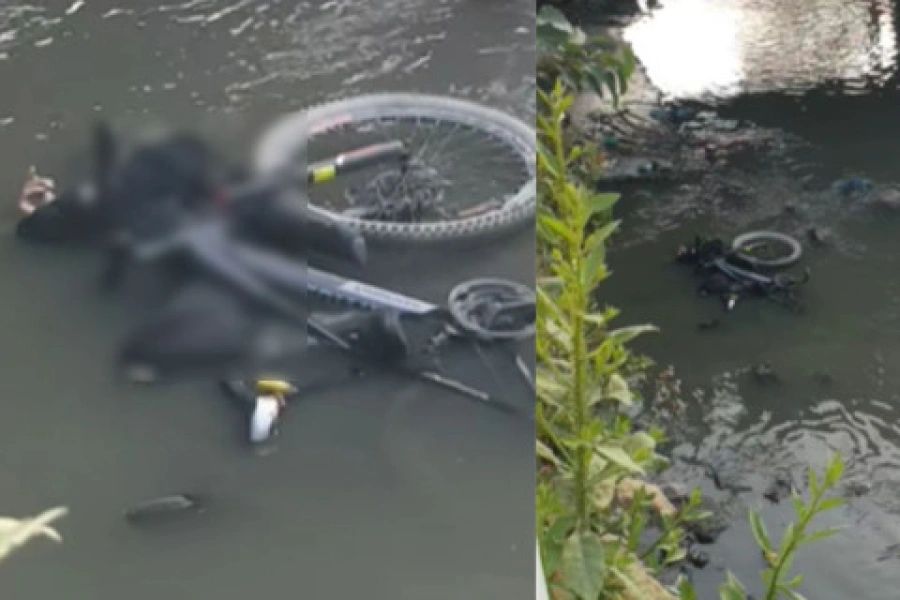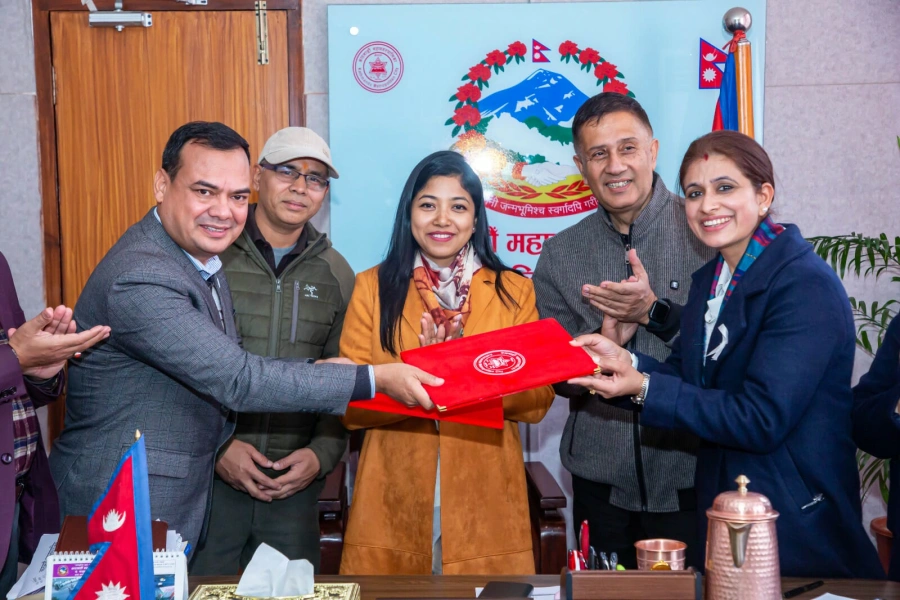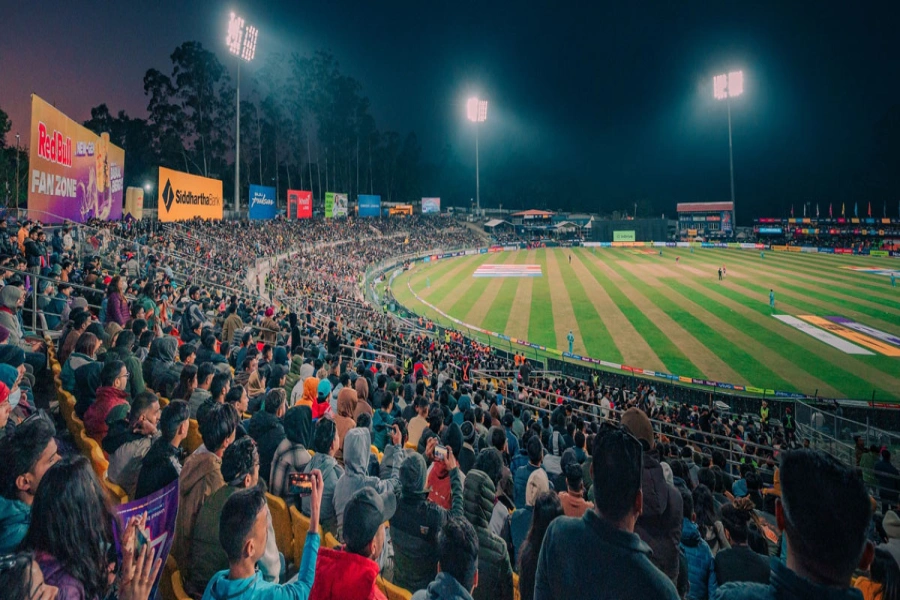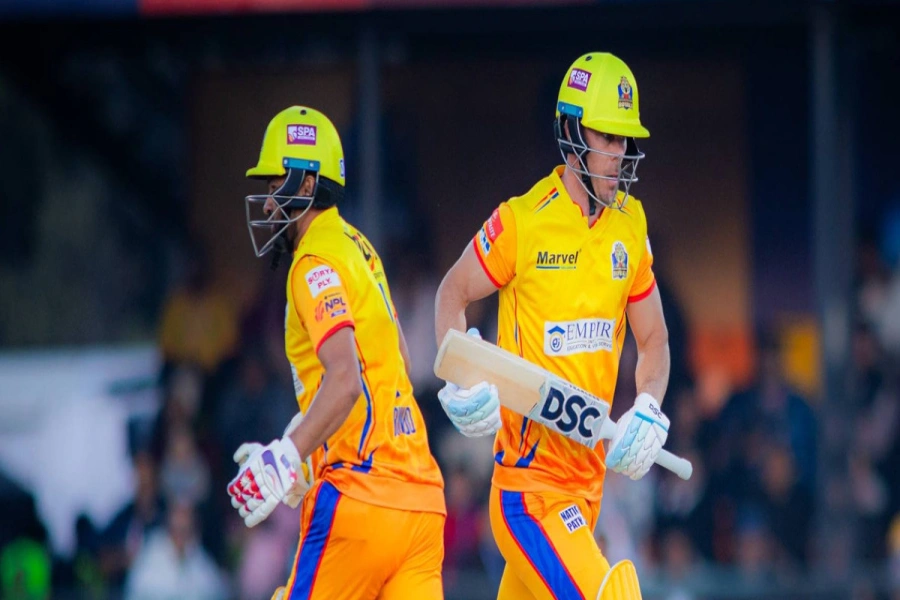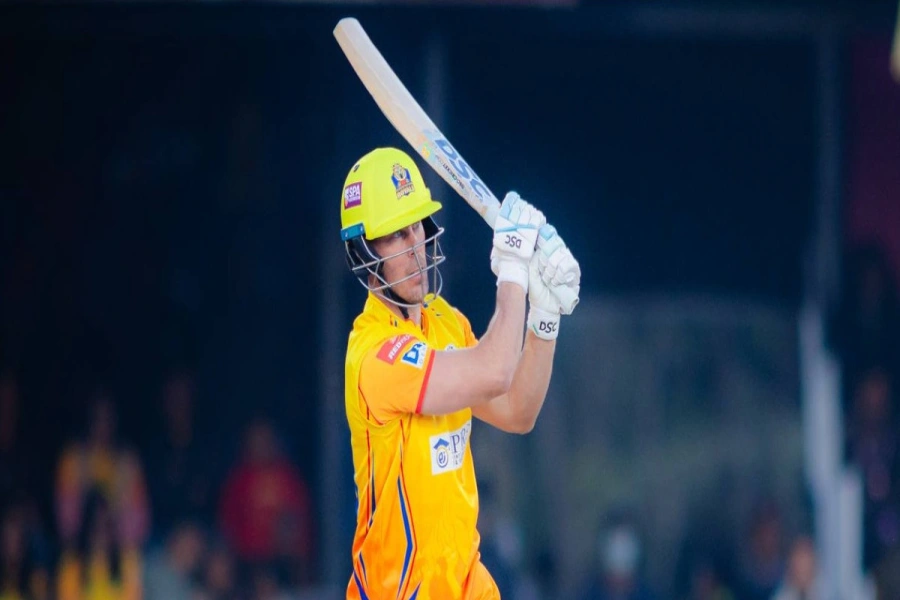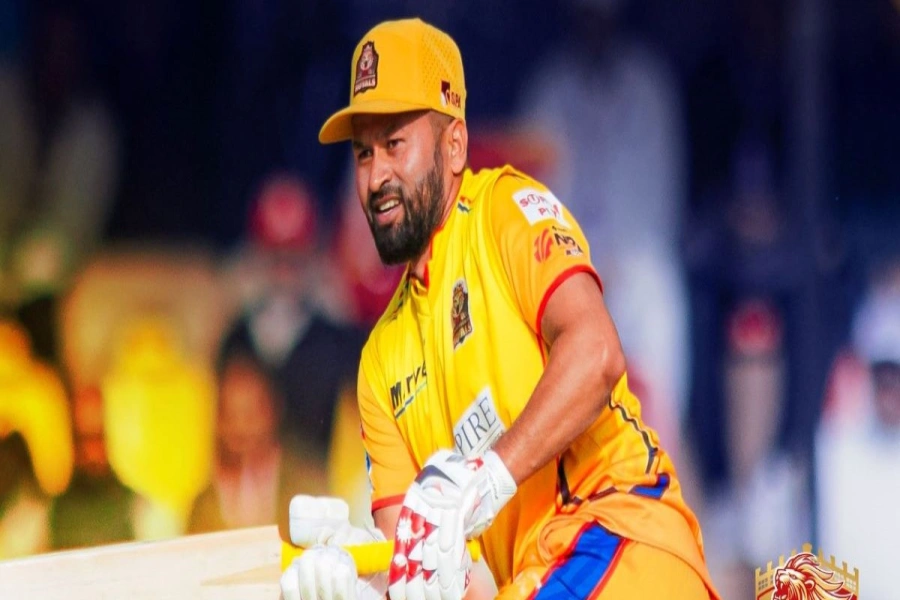KATHMANDU, July 30: Lawmakers have demanded an investigation into an alleged meeting between the chairman of the Public Accounts Committee (PAC) under the federal parliament, Rishikesh Pokharel, and an industrialist with unpaid electricity bills on trunk lines and dedicated feeders.
In Tuesday’s session of the House of Representatives, lawmaker Madhav Sapkota of the CPN (Maoist Center) called for a thorough investigation into the meeting between Chairman Pokharel and the industrialist. Sapkota suspects the meeting was intended to influence the parliamentary committee to make a favorable decision for the defaulting industrialists on electricity tariffs for power usage through the dedicated feeders and trunk lines.
Lawmaker Sapkota accused Chairman Pokharel of acting inappropriately and compromising the dignity of his office. “The debate on dedicated feeders and trunk lines is still underway, but there are reports of a questionable meeting between the committee chairman and an industrialist who has outstanding electricity bills,” Sapkota stated. He did not disclose the identity of the industrialist involved in the meeting.
PAC summons meeting to discuss Sajha irregularities

The Public Accounts Committee (PAC) is a parliamentary committee with the authority to direct the government to make certain decisions. The meeting between the PAC chair and a controversial industrialist is seen as a case involving a conflict of interest, potentially compromising the integrity of the parliamentary committee.
Earlier, the state-owned Nepal Electricity Authority (NEA) had cut power supply lines of Arghakhachi Cement, Reliance Spinning Mills, Ghorahi Cement, Jagadamba Synthetic, Jagadamba Steel, and Hulas Steel over outstanding bills. Although the power supply was restored a few days later, the issue of clearing bills for the usage of the dedicated feeders and trunk lines has come to a standstill. The NEA is firm on recovering the outstanding dues, while the industrialists have expressed their stance not to pay the amount, citing various pretexts.
According to the NEA, a total of 61 companies owe Rs 6.60 billion for using the dedicated feeders and trunk lines, with an additional 25 percent fine. The dues include Rs 1.60 billion from Jagadamba Steel, Rs 753.6 million from Reliance Spinning Mills, Rs 448.6 million from Arghakhachi Cement, Rs 205 million from Jagadamba Synthetic, and Rs 141.2 million from Hulas Steel. As the industries defaulted, the NEA disconnected the electricity lines of these manufacturers.
However, the NEA is facing mounting pressure to reverse the decision after the formation of a new government led by KP Sharma Oli. Prime Minister Oli had earlier instructed the NEA to reconnect the electricity lines of these companies. But the NEA decided not to reconnect the lines based on verbal instructions from the PM. As the NEA defied the prime minister’s direction, the Electricity Regulatory Commission then wrote to the NEA to reconnect the electricity lines.
Prime Minister Oli, in a session of parliament, explained his view on the disputes between the industrialists and the NEA stating, “I have never mentioned that the industrialists must not pay the bills for the electricity they have used. I only meant to end the long stalemate through dialogue,” he said.



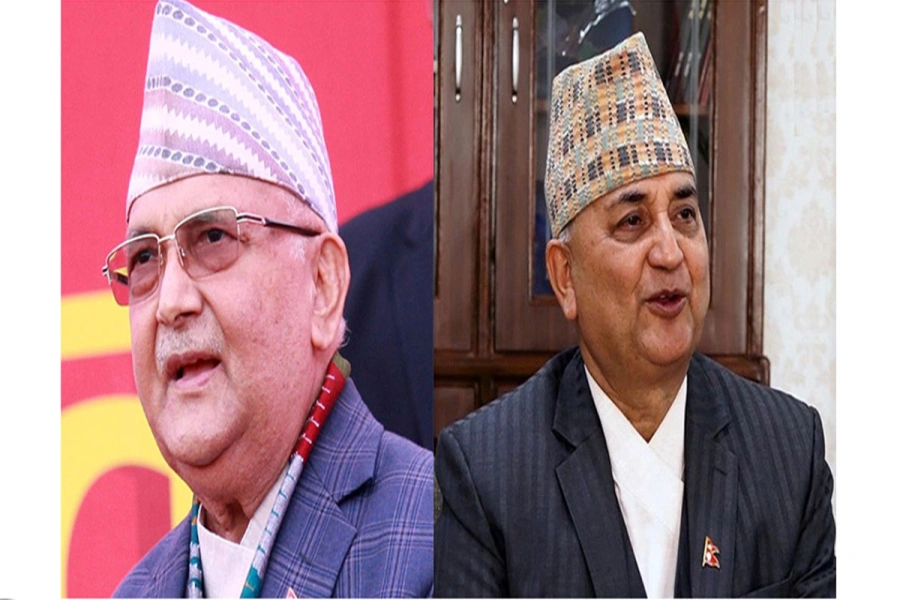

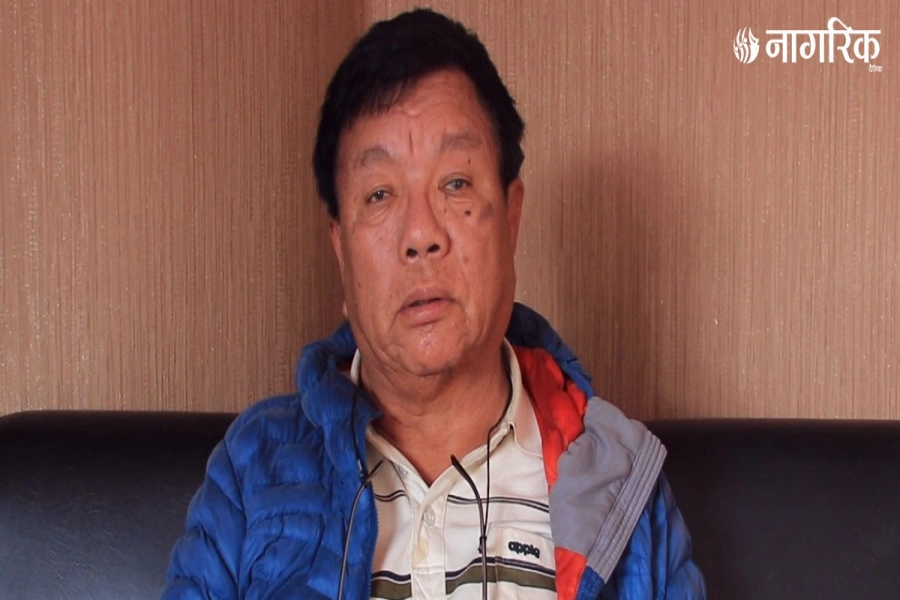














-1200x560-1764836409.webp)






